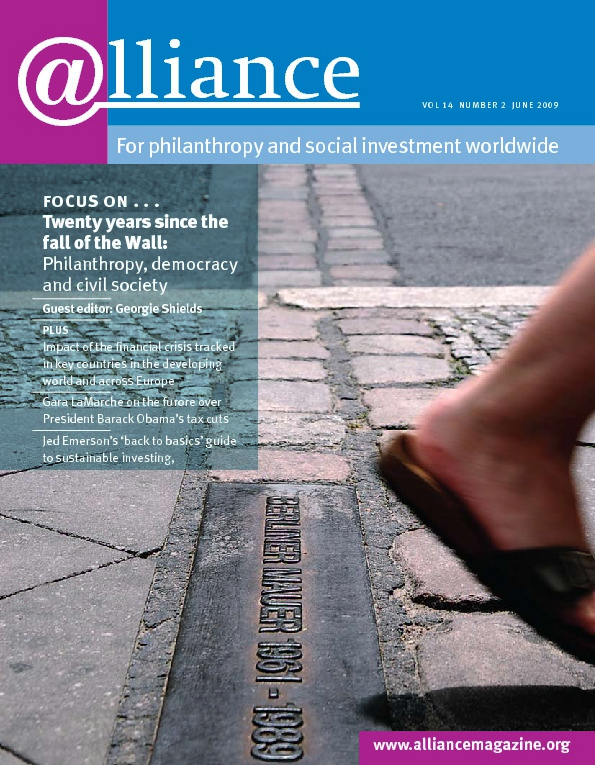George and Peter both make some very good points, and there is no doubt that we need philanthropic support for policy and direct action initiatives. The work that ECF is doing is vital, and so are the efforts of extraordinary talented people like Harish Hande (co-founder of rural sustainable energy company Selco in southern India). But there is a big gap between the two approaches, and it badly needs to be filled.
This can easily be seen when we look at the NGO landscape in developing countries. On mainstream development issues, there is a clutch of large organisations (eg Oxfam, Save the Children, ActionAid, World Vision) who invest heavily in country offices and other ways of building NGO capacity. This gives them an infrastructure that can drive strategy and allocation of resources, and ensure that what is known and learned at the policy level can be communicated to action in developing countries, and vice versa.
But for climate change, that infrastructure is largely non-existent. Direct action is extraordinarily fragmented. We have no climate change NGO equivalent of Oxfam et al. In many cases, climate change programmes are bolted on to NGOs within which there are a range of imperatives outside of climate (eg poverty alleviation, biodiversity conservation, rights-led advocacy).
The result is that the NGO response to climate change in developing countries is weak and seriously underfunded. We need philanthropic funders with resolve, strategic intent and long-term commitment to enter the fray, much as Ford, Rockefeller and others did on development in the post-War period.
Bernard Mercer
United Kingdom
I agree with Peter Heller’s argument for ‘direct action’ to kickstart development of renewable energies. The West Coast Community Foundation is busy introducing climate change initiatives and alternative crops in our region, which has little water. My belief is that we should all start doing something towards protecting the environment and spend less money on trying to change people’s minds. We have seen through history that people act on proven examples. My view is that we should act now and invest in initiatives that practically implement these renewable energies and save the environment.
Johanna Hendricks
Chief Executive Officer, West Coast Community Foundation, South Africa





Comments (0)